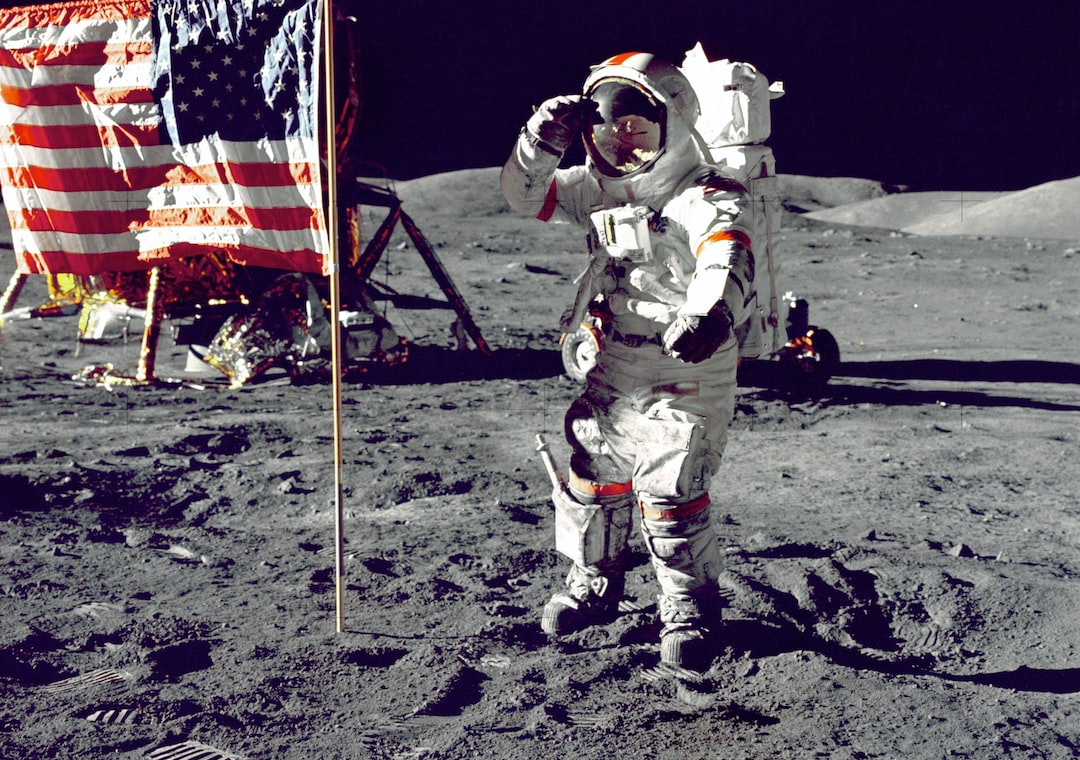Brookdale Community College is proud to announce the launch of a groundbreaking textbook, “World History Since 1945,” by Associate Professor David Bassano, Ph.D. This comprehensive Open Educational Resource (OER) textbook is designed for college undergraduates. It will be the standard textbook for Brookdale’s HIST-107 (Contemporary World History) and HIST-107-DE (Contemporary World History, Online) courses starting in Fall 2023.
“In the absence of satisfactory textbooks and as chair of the History department and the primary instructor of HIST 107, I knew I had a responsibility to provide my students with the best educational resources possible,” said Bassano.
“World History Since 1945” covers major events and themes in world history from the end of World War II to the present day. Each chapter, richly illustrated and about 30 pages long, is intended to be read one chapter per week for a 15-week semester. The textbook offers a wealth of educational resources, including a recommended reading list, a glossary of terms, and a selection of primary source documents to aid in creating class assignments.
“This textbook stands apart from others in its comprehensive approach to global history,” said the author. “While many focus solely on international relations, this one delves deeper into the domestic histories of countries worldwide. With a comparative scope, it equips students with a better understanding of the subject matter, making it one-of-a-kind among OER history textbooks.”
As an Open Educational Resource, “World History Since 1945” will be freely accessible to Brookdale students enrolling in the HIST-107 course and available on the Brookdale website. This initiative aligns with the Brookdale Academic Master Plan, which emphasizes expanding OER options to reduce costs and increase student access. Considering the 2020 Brookdale Basic Needs Survey revealing that 23% of students face challenges affording textbooks, the introduction of this OER textbook will significantly alleviate financial burdens for students enrolled in the course, as the previous textbook cost approximately $55.
Notably, this OER textbook will also be made available to other colleges that wish to utilize it. With a scarcity of OER options for this subject matter, Brookdale will emerge as a leader among New Jersey colleges, not only by utilizing OER materials but also by producing them.
The textbook comprises an introductory chapter, followed by fourteen chapters that cover a wide range of topics. Two of these chapters are designated as Special Topics: “The Civil Rights Movements in the United States of America and South Africa” (Chapter 8) and “Colonization and Decolonization” (Chapter 4). These chapters offer deeper insights into specific historical trends and events, although they can be skipped if necessary. Their inclusion allows for future expandability and updates, enabling the textbook to remain relevant for approximately 25 years.
“The online platform offers students the ability to download chapters, allowing offline access on their devices such as Kindle or phones,” said Bassano. “Additionally, it provides a valuable collection of primary source documents, including government records, which can be downloaded and utilized as assignments. This integration of supplementary materials empowers professors to assign document analysis and question-based activities, enhancing the overall learning experience.”
“While considering many students who may only take two history classes throughout their academic journey, I kept a crucial question in mind: What do I want them to remember about history for the rest of their lives? I emphasized the significance of the subject and the big takeaways they should carry with them,” Bassano explained.
Brief descriptions of each chapter in “World History Since 1945” are as follows:
- Introduction: Defines fundamental terms and provides a pre-war history of socialism, progressivism, and imperialism.
- Chapter 1 (WWII): Explores the rise of fascism and the consequences of World War II.
- Chapter 2 (USA and the USSR): Compares the post-WWII national histories of the United States and the Soviet Union.
- Chapter 3 (Early Cold War): Analyzes the origins of the Cold War, the impact of nuclear weapons, and the causes of détente.
- Chapter 4 (Colonization and Decolonization): Examines 20th-century imperialism and the subsequent decolonization process.
- Chapter 5 (Japan and Korea): Provides a comparative history of postwar Japan and Korea, addressing the Korean War and North Korea’s unique trajectory.
- Chapter 6 (China and India): Explores the divergent paths taken by China and India in their pursuit of near-superpower status.
- Chapter 7 (Southeast Asia): Focuses on Indochina, Indonesia, and Singapore, examining their decolonization, independence, and future prospects in Asia.
- Chapter 8 (Civil Rights in the USA and South Africa): Offers an in-depth comparison of the civil rights movements in the United States and South Africa and their global significance.
- Chapter 9 (Africa): Chronicles postwar independence movements in Africa, considering the influences of the Cold War, decolonization, apartheid, neoliberalism, and Pan-Africanism.
- Chapter 10 (Latin America): Explores the divergence between the United States, Canada, and Latin America since WWII, focusing on the Cold War influence of the U.S.
- Chapter 11 (The Middle East): Examines critical aspects of Middle Eastern history, including the Arab-Israeli Wars, Arab nationalism, Political Islam, and Iran’s regional power.
- Chapter 12 (European Integration and the United Nations): Evaluates postwar European economic and political unity through the European Union and critiques the United Nations’ history.
- Chapter 13 (End of the Cold War): Chronicles of the Warsaw Pact’s dissolution, including the Berlin Wall’s fall and subsequent developments in Pact countries.
- Chapter 14 (Brave New World): Explores current global trends with significant potential impact, including climate change, globalization, the U.S.-China relationship, and emerging technologies.
“World History Since 1945” by Dr. David Bassano promises to revolutionize the teaching and learning experience for students at Brookdale Community College and beyond. Its engaging content, accessible format, and cost-free accessibility will empower students to delve into world history while lightening the financial burden of obtaining course materials.
 Bookstore
Bookstore  Self Service
Self Service  Video Library
Video Library 
